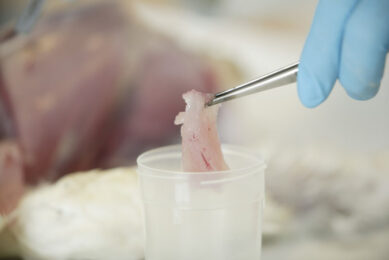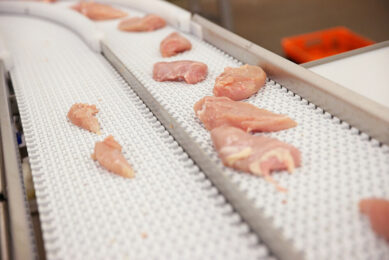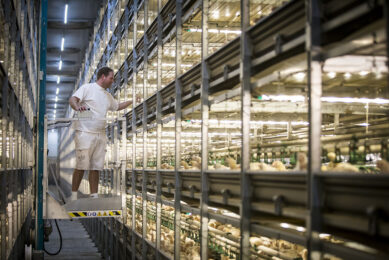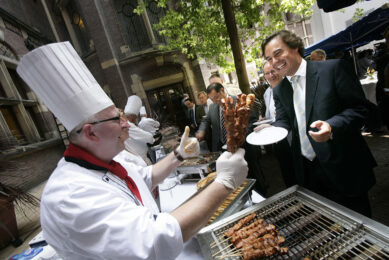Eat small!
The summer season also means the holiday season for many, when people travel to their favourite holiday destination or try something new. Exploring new countries and new regions often challenges people to learn about local eating habits.
I often read a number of books in preparation to visit an exotic place, as does my wife. One day she pointed out a phrase in a book written by an agricultural counsellor of the Dutch Embassy during a particular assignment in a foreign country. He wrote an interesting book on culture and behaviour that he experienced when backpacking in the remote regions of the country. His advice about eating local food was: Eat small! Never eat food that is too big to be completely eaten the same day.
Pigs and cows, camels and sheep are too big to be consumed completely on the day of slaughter, unless you have a really big party. Refrigeration is a major issue in many countries around the world, and cooling is often poor or simply doesn’t exist. This means that meat from large animals often cannot properly be stored and is likely not to remain fresh for more than a day. So what happens when you eat the not-very-fresh meat a day or two after it has been killed? Here, the poultry industry has a big advantage. Chickens are small and can easily be eaten on the day of slaughter, thus the meat is fresh when consumed, and when cooked well enough it is safe to eat. This makes poultry meat so attractive in many countries worldwide, and also makes it easier to produce and market the meat.
The picture drawn here is often also linked to poorly developed markets that maintain live bird markets/shops. Various governments have noticed that these traditional markets can be a source of major health threats, as we have seen during outbreaks of avian influenza. To better control zoonotic and highly infectious diseases, these live bird markets have to be banned and replaced by hygienic slaughtering and marketing structures. An important part of this is the establishment of a cold chain – a logistic network of cold stores, cold transportation vehicles and refrigerators in shops and at home. The modern poultry industry will have to play an active role in developing such infrastructures to capture a large part of the future market, even though chickens remain small birds that can be eaten completely by one family the same day it has been killed.
Wiebe












